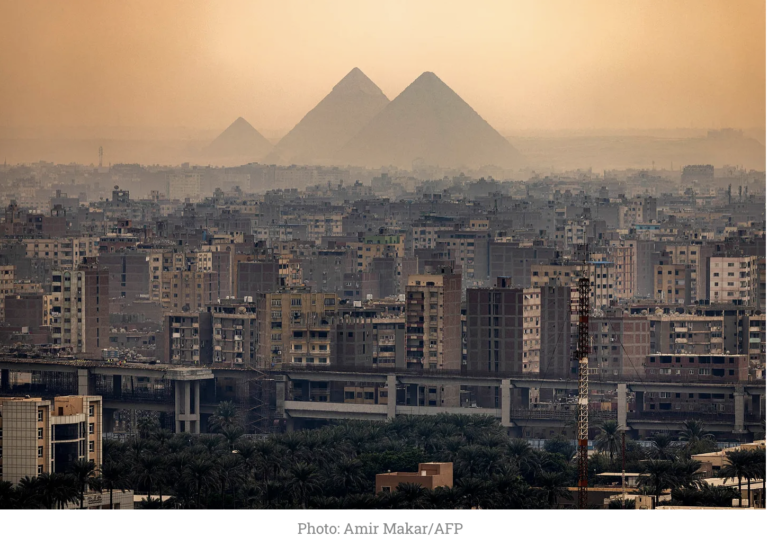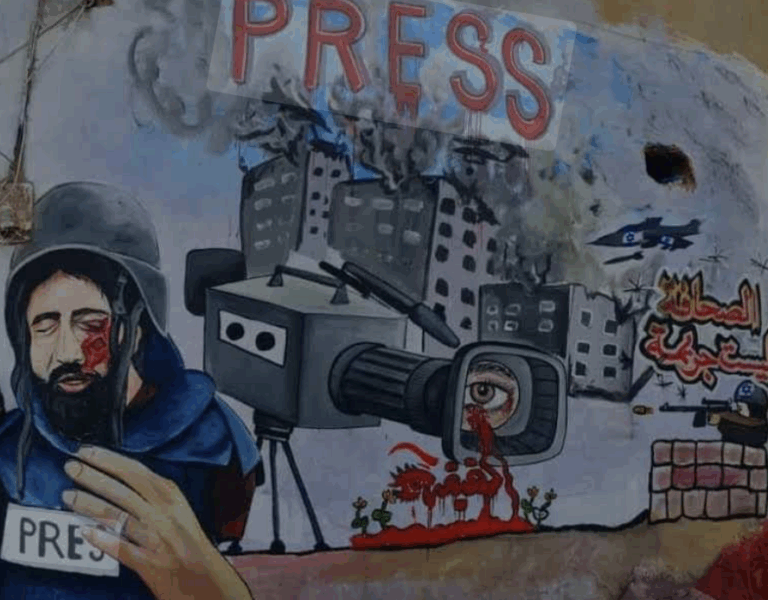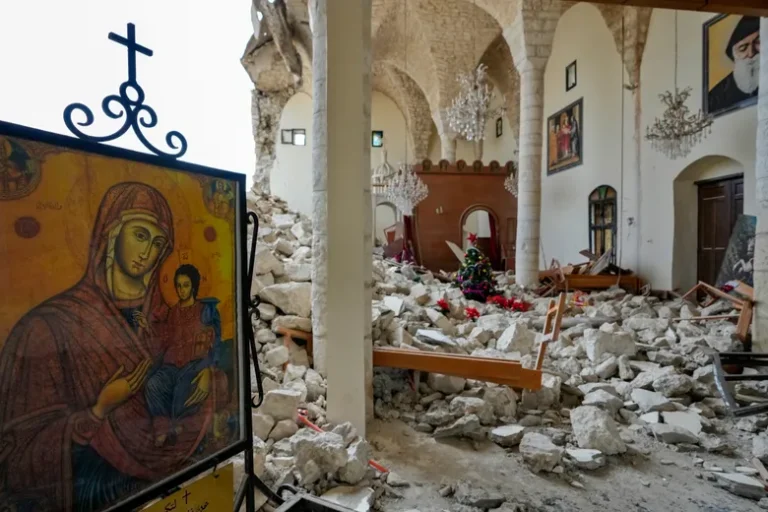By Andrea Tucci,
The road on which the Egyptian government wants to build the new highway will be wide, straight and modern and will pass through the heart of Old Cairo.
For a millennium people have lived in the city that today is called Cairo or, in Arabic, Al-Qahira: The Victorious.
Evidence of this continuous settlement is everywhere, but especially in the narrow, narrow and winding streets of the historic center, which follow routes first laid out centuries ago. Along these streets are historic mosques and markets, and the tombs of the venerable inhabitants who once roamed there. Today it is one of the poorest and most densely populated areas of the city.
The highway will not bypass sites of historical or cultural importance, but will pass directly through them.
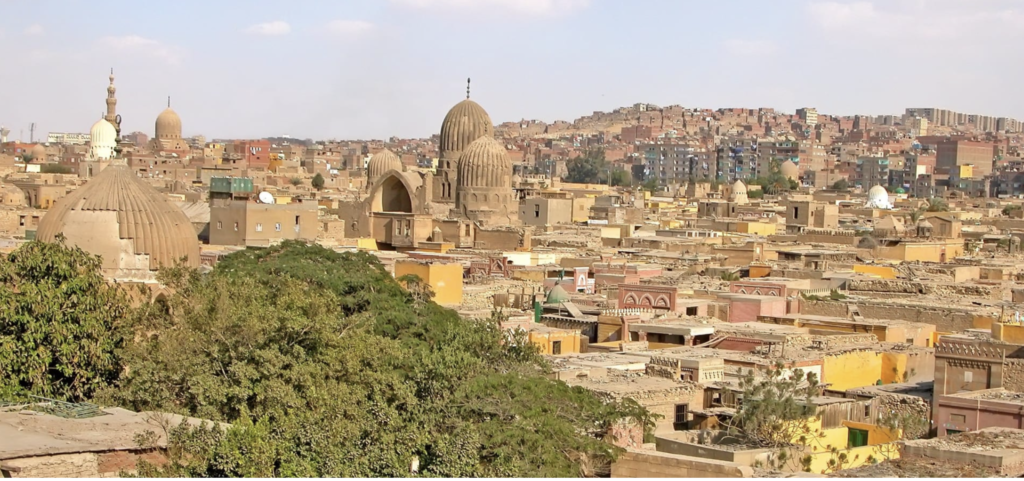
The Old city of Cairo
Demolitions have begun, even though a petition with 16 thousand signatures has been launched to save Darb 1718 (the Egyptian center of contemporary art and culture located in the old city of Cairo).
President Abdel Fattah el-Sisi’s mission to reshape Egypt extends far beyond Old Cairo. The former field marshal came to power in 2013 after three years of political instability that began with a popular uprising in 2011. Since then, his administration has undertaken a massive infrastructure-building effort.
In the last nine years he has built 934 bridges and 5,800 km of new roads. Cairo has completed a third metro line with 29 stations. A new capital, 45 kilometers southeast of Cairo, is currently under construction, with an estimated price tag of $58 billion.
The president says all this new infrastructure stimulates the economy and is necessary to accommodate the country’s population of 106 million (22 million of whom live in the Greater Cairo area).
And President Sisi’s infrastructural ambition is also applauded outside Egypt. During his tenure, the country rose from 118th to 28th in the infrastructure category of the World Economic Forum’s Global Competitiveness Report.
But critics point out that such large-scale construction projects (contractors are mainly from BRITAIN, the United Arab Emirates and SAUDI ARABIA) risk destroying Egypt’s priceless heritage in its quest for modernity.
While President Al SISI boasts of the country’s strong economic growth, food prices in Egypt have increased by more than 64% in 2023. Cumulative inflation has reached 63%, while food inflation has increased by 115 %. The price of onions increased by up to 450%, sugar by 128%, meat by 80%, rice by 69%. Obviously there is strong discontent among the population and 31 million (out of 104, about a third) of people live below the poverty line and 40 million inhabitants on low income. Egypt could therefore soon see a sharp increase in the number of poor. On top of all this, investors in these infrastructures want certainty over the economy and political control of the country, where the Israeli-Palestinian conflict is certainly causing strong geopolitical turbulence.
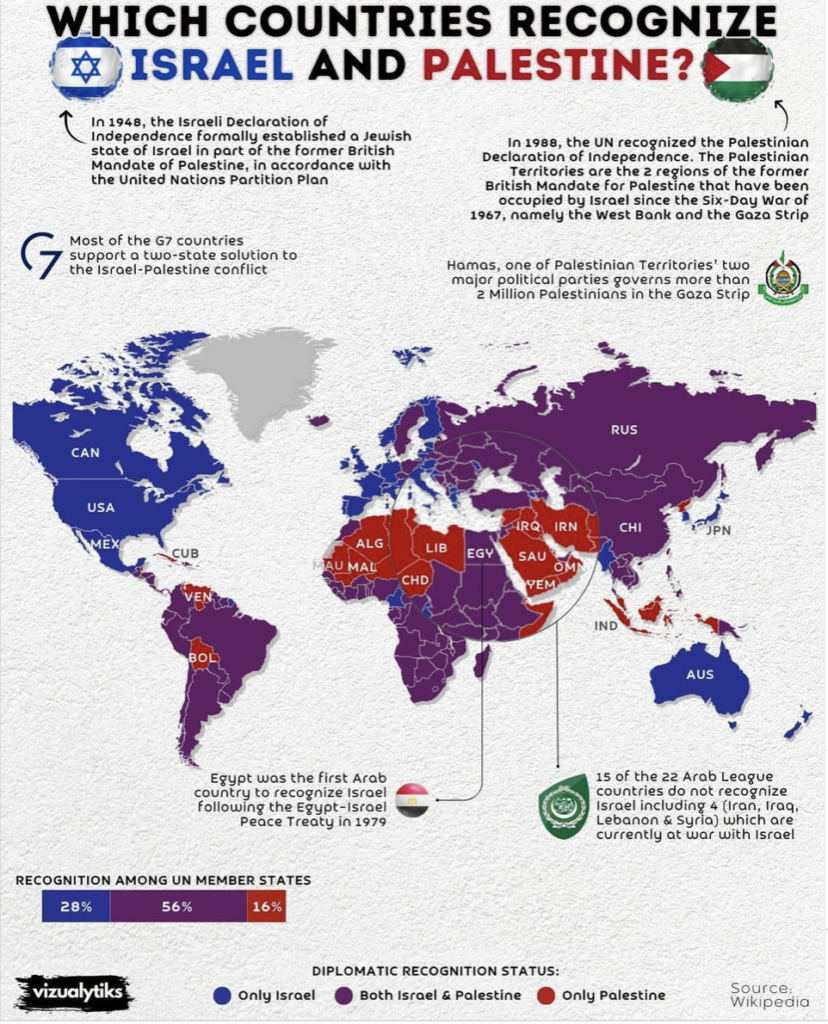
Today, in fact, some countries, despite being part of the ARAB LEAGUE, partially support the Israeli cause, such as Jordan which has opened the airspace to Israeli and US planes and has also shot down some drones. It should be remembered that in Jordan one in five inhabitants is of Palestinian origin (around 3 million), including Queen Rania, and that in recent weeks there have been very heated protests against Israel, but Saudi Arabia has also played an indirect role, hosting the air defense and surveillance systems of Western countries, while Egypt has Britain among its largest economic investors, all this only highlights these countries as good allies of EU countries, therefore in part, not opponents of the Israeli cause.
In fact, even the Middle Eastern geopolitical chessboard of some countries has had to find a balance between opposing interests and political and economic stability, all to the detriment of the poorest social classes and less geopolitically influential countries.

